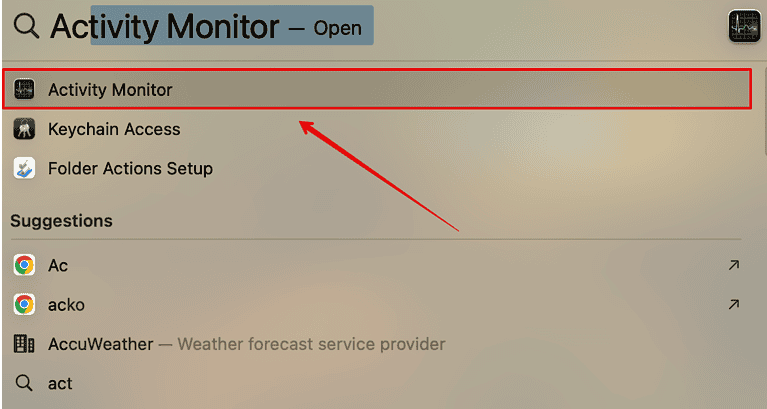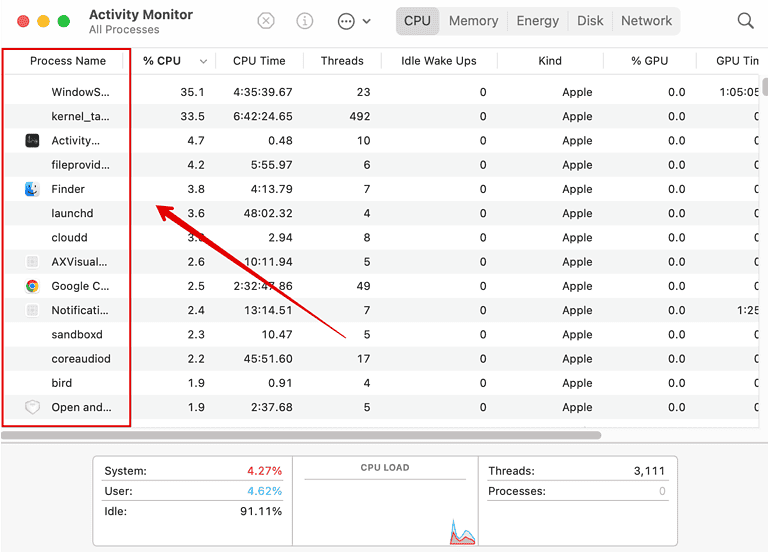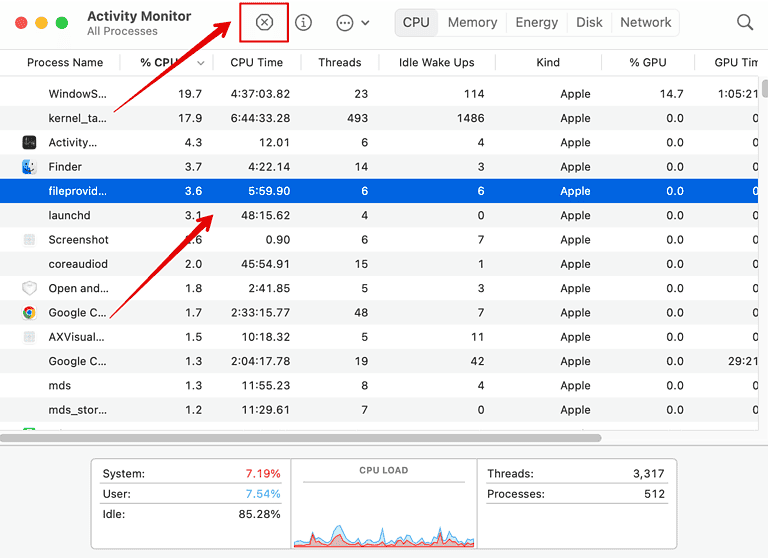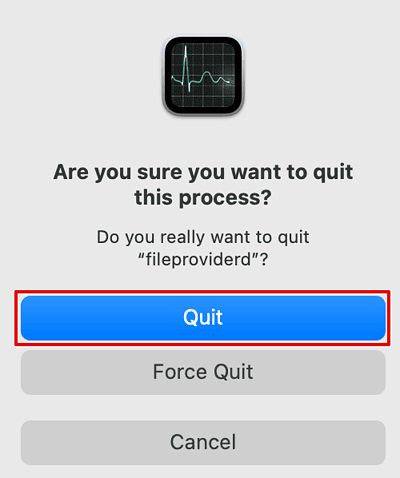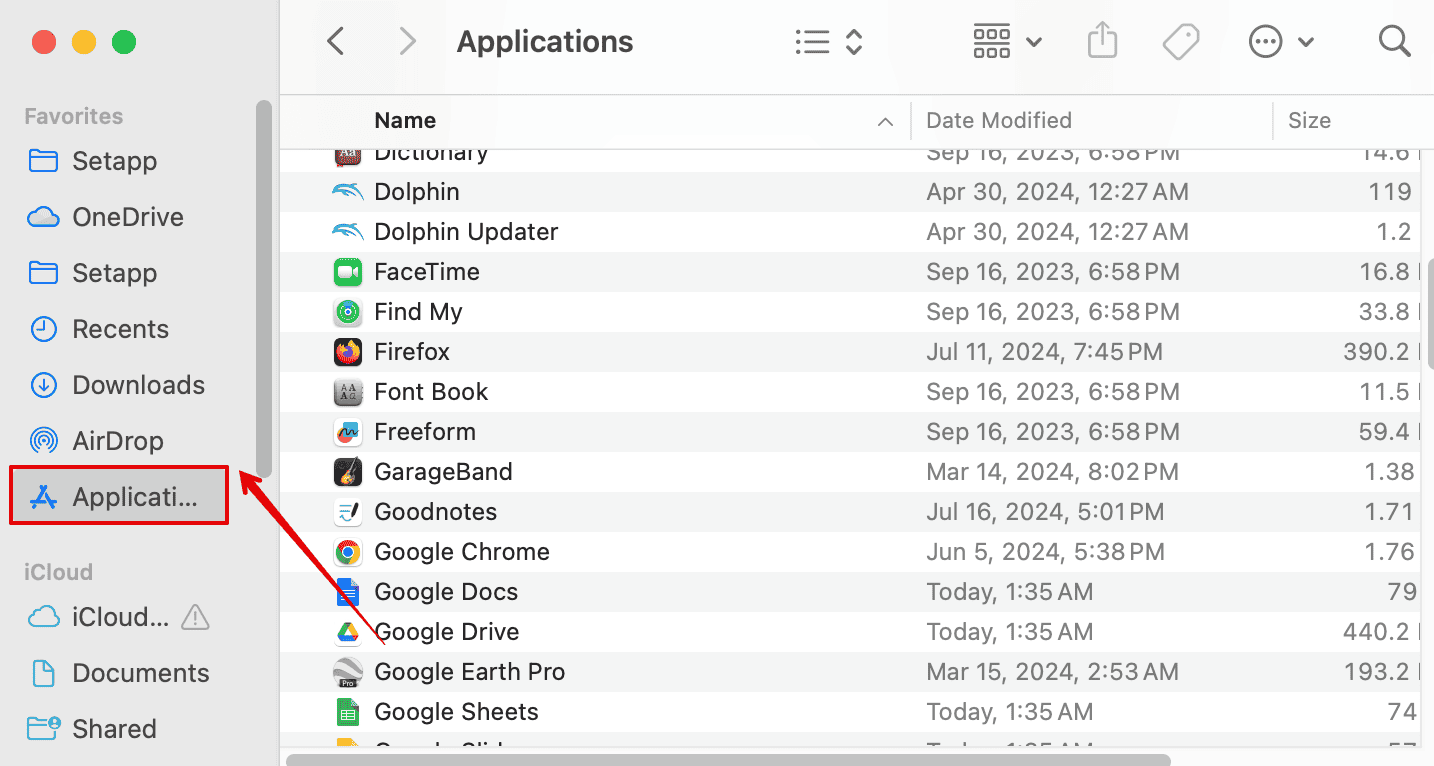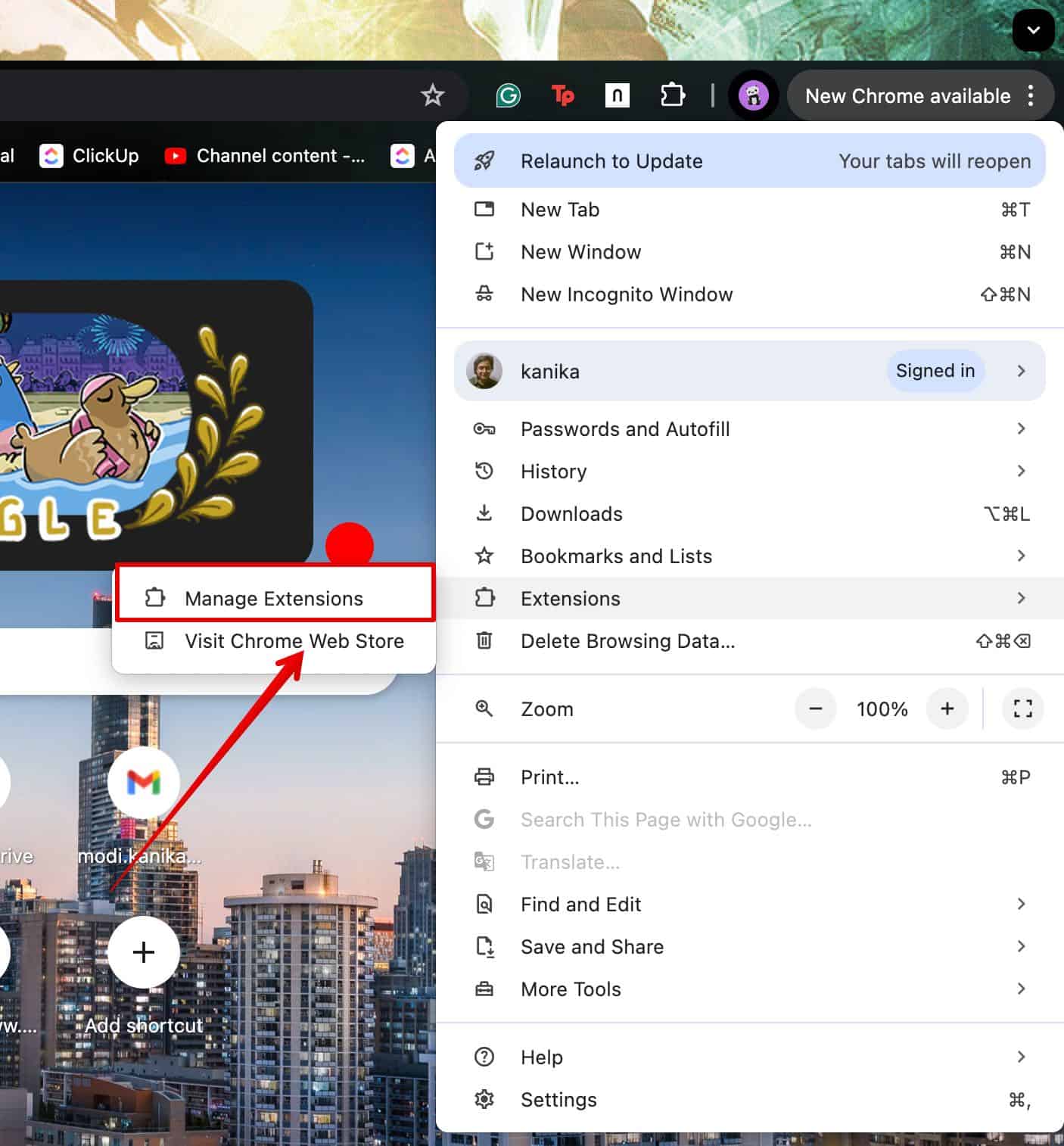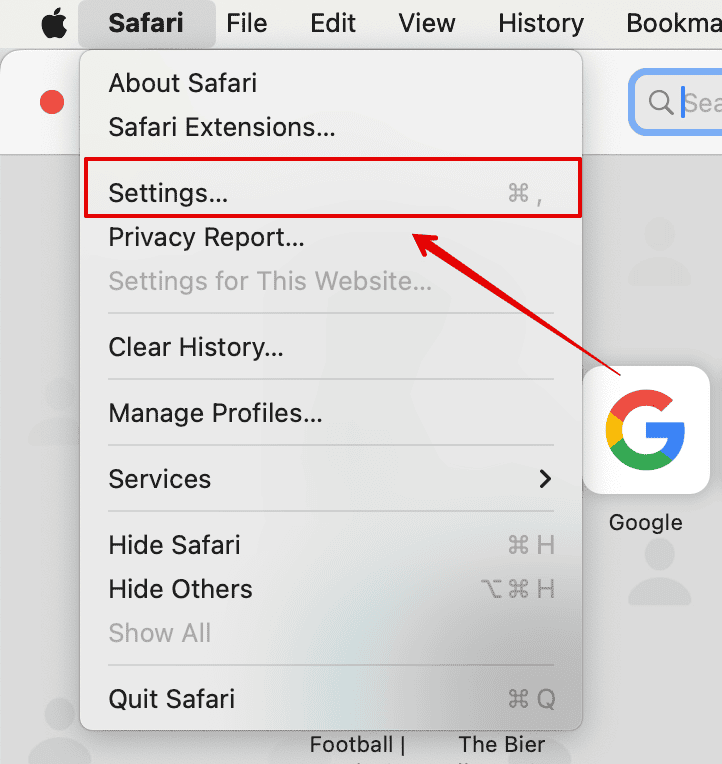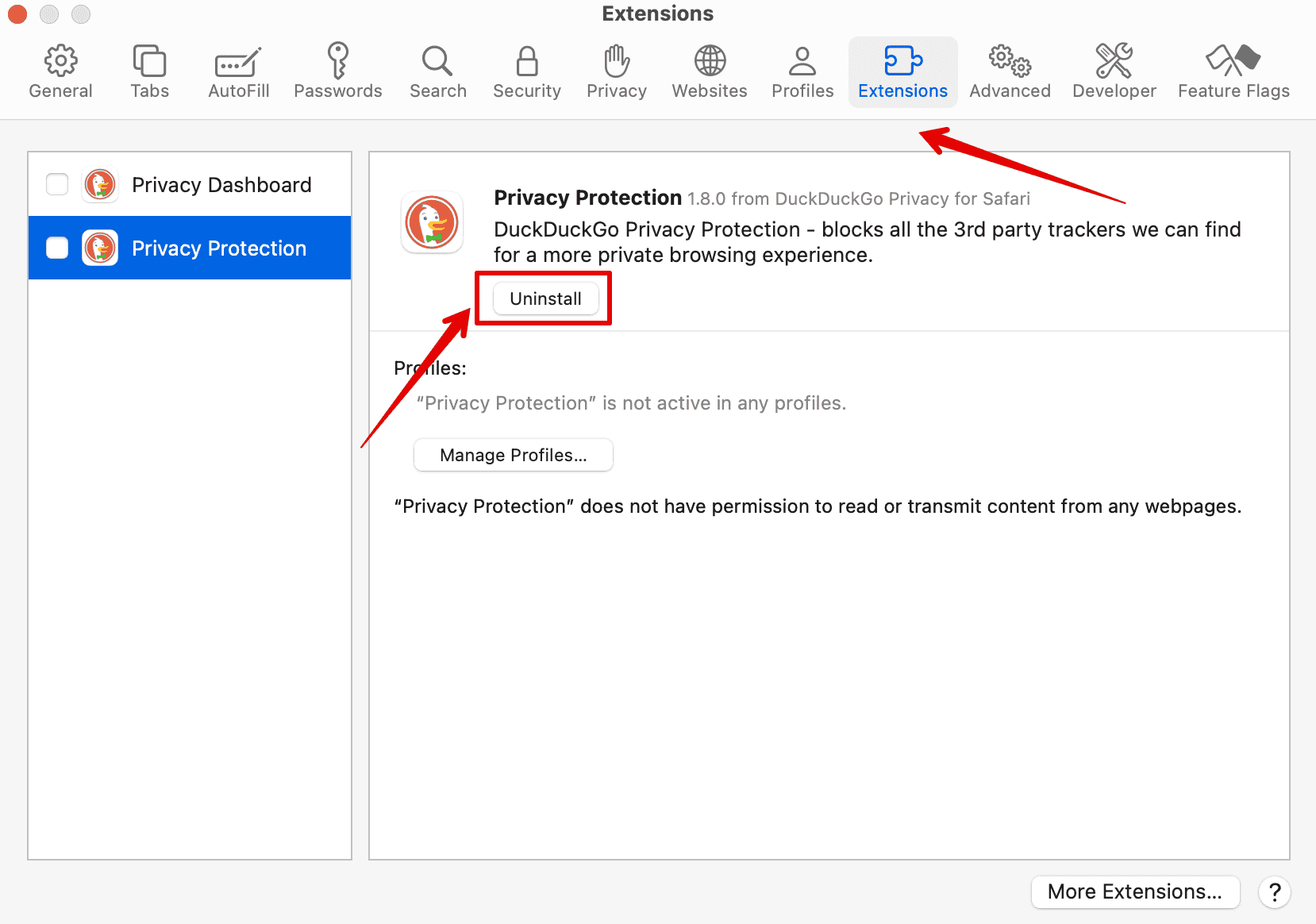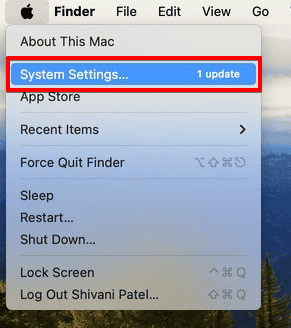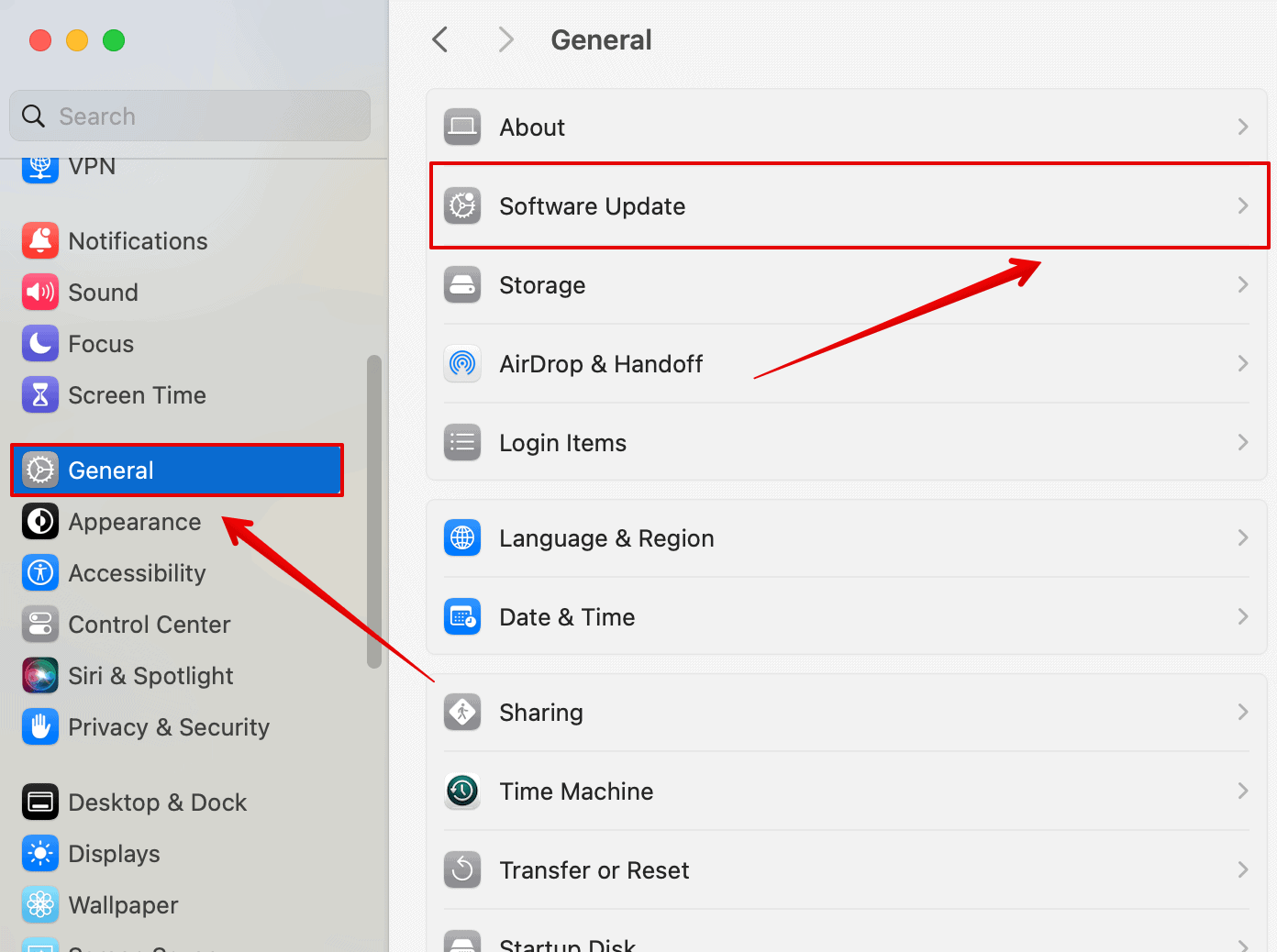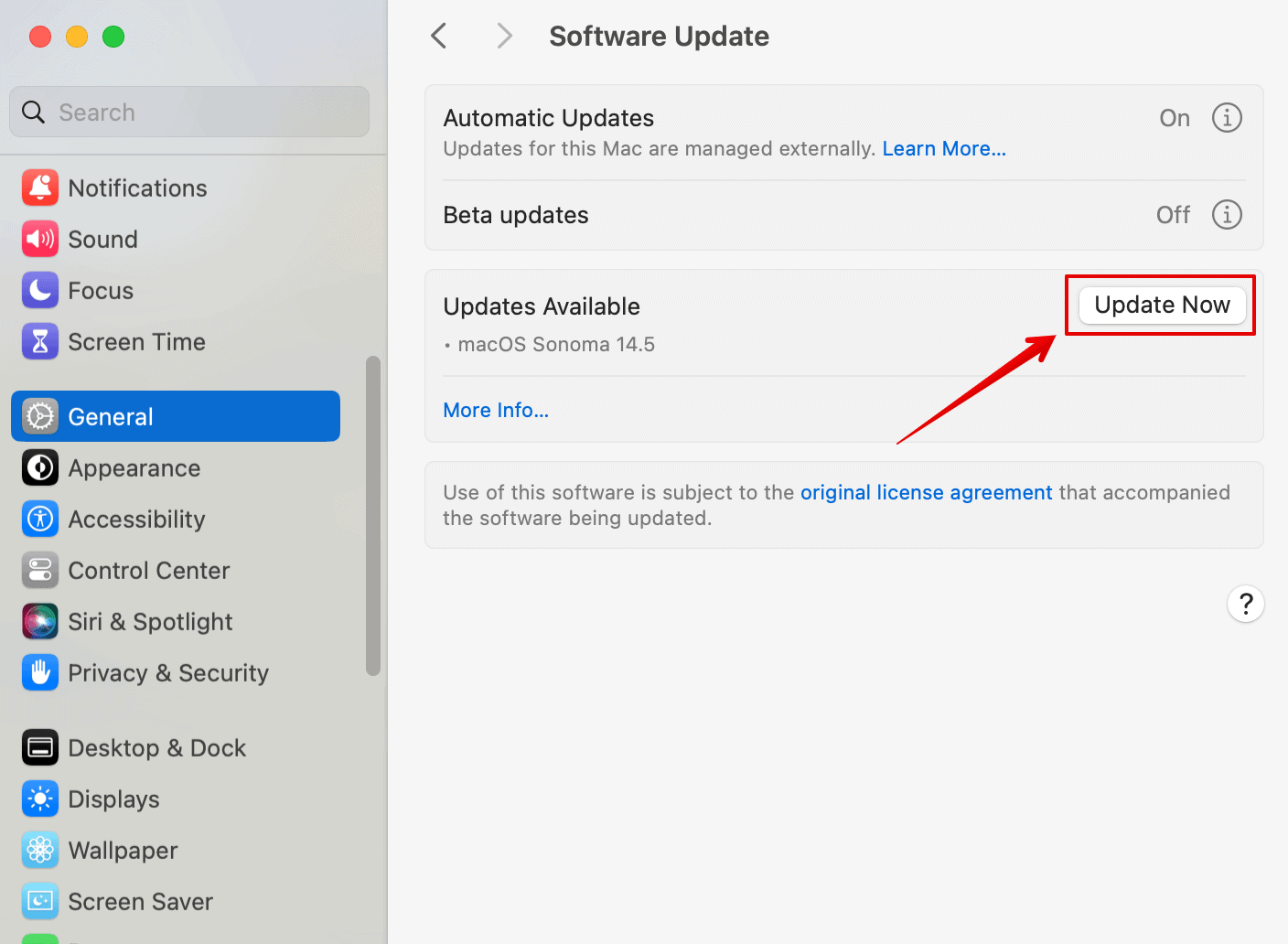BinaryMove, a persistent browser hijacker, is wreaking havoc on Mac users by taking over web browsers and displaying intrusive pop-ups. This malware can significantly disrupt your online experience, hinder productivity, and potentially expose your system to further threats.
Although alarming, I found that resolving this error is a relatively straightforward process. Here’s everything you need to remove BinaryMove from your Mac safely.
What is BinaryMove Mac Virus?
BinaryMove is a malware specifically designed to target Mac computers. More commonly, these viruses fall under the broad category of Browser hijackers.
If you have recently downloaded any free software from the internet or clicked on any suspicious ads on the web page, the BinaryMove virus can enter your system through these activities.
After it’s installed on your Mac, it can control your default web browser, changing your homepage and search engine settings without your permission. You will then start seeing annoying pop-ups, banners, and other ads that will disrupt the overall browsing experience.
Quick Tip:
If you’re concerned about add-ons, plugins, or extensions that can create pop-ups and potentially compromise your data, the best solution would be an app with robust defense. For example, Intego can protect sensitive data by blocking digital intruders, thanks to its proactive monitoring that allows you to browse the web with your privacy intact.
How To Remove BinaryMove Mac Virus
There are a few methods you can try to remove the BinaryMove Mac virus from your computer. Let’s check them out below.
1. Quit Unknown Applications
Time needed: 5 minutes
Check your Applications folder for any suspicious or unknown app that may be running on the Mac. If you find one, you can quit the app or process. Follow these steps:
- Press Command + Spacebar to open Spotlight Search.
- Then, enter Activity Monitor in the search bar and open it.
- Click on CPU and check the list for any unknown app or process consuming excessive resources.
- Select that process name and click on the stop icon (x) on the top.
- Click on Quit to confirm.
- Repeat the same for other apps as well.
2. Uninstall Suspicious Apps
Simply quitting these apps will not help in removing the virus. Next, you need to uninstall any applications that may have been installed without your knowledge or that you suspect to be malicious.
- Open the Finder app from the Dock below.
- Click on Applications on the left sidebar.
- Look through the list of installed applications and drag any suspicious apps to the Trash.
- Once done, open the Trash and empty it.
3. Remove Browser Extensions
As mentioned, the BinaryMove virus enters your system through your web browser. Hence, it’s necessary to remove all possible malicious browser extensions to secure the browser. Pick the browser you use and follow the instructions.
Google Chrome
- Open the browser and click on the three horizontal dots at the top-right corner of the screen.
- Then, go to Extensions and open Manage Extensions.
- Here, look for the extensions you need to remove and click on Remove.
- Select Remove again to confirm.
Safari
- Launch the Safari browser and click on Safari at the top menu bar.
- Select Settings from the drop-down menu.
- Under the Extensions section, look for extensions you want to remove and click on Uninstall.
Mozilla Firefox
- Open the Firefox browser and click on the Hamburger menu icon at the top-right corner.
- Open Add-ons and themes from the drop-down menu.
- Look for any unfamiliar extensions and click the Remove button.
4. Check with Antivirus Software
You can also use antivirus software that will help to detect and remove the BinaryMove virus from the system.
If the virus is detected, simply download and install the software, run a full scan, and follow the instructions.
However, make sure you choose the right software for this, since there are multiple third-party antivirus programs that can make your Mac much slower than usual. The safest option to use for Mac is Intego antivirus, as it is specifically designed for macOS, and iOS as well.
5. Keep Your Software Updated
It’s super important to keep your macOS and all the other apps up-to-date. Software updates often include security patches that address vulnerabilities that could be exploited by malware.
Here is what you can do.
- Click on the Apple icon on the top-left corner of the screen and open System Settings.
- Here, click on General on the left sidebar and go to Software Updates.
- Wait for the system to check for any updates if available.
- Make sure to only install the stable version of the software and not any beta updates.
Similarly, you can go to the App Store and check the updates section. You can then get all the app updates as well if any.
If you are still facing errors and are suspicious that the virus hasn’t been removed, you can contact Apple Support. They might be able to help you further.

